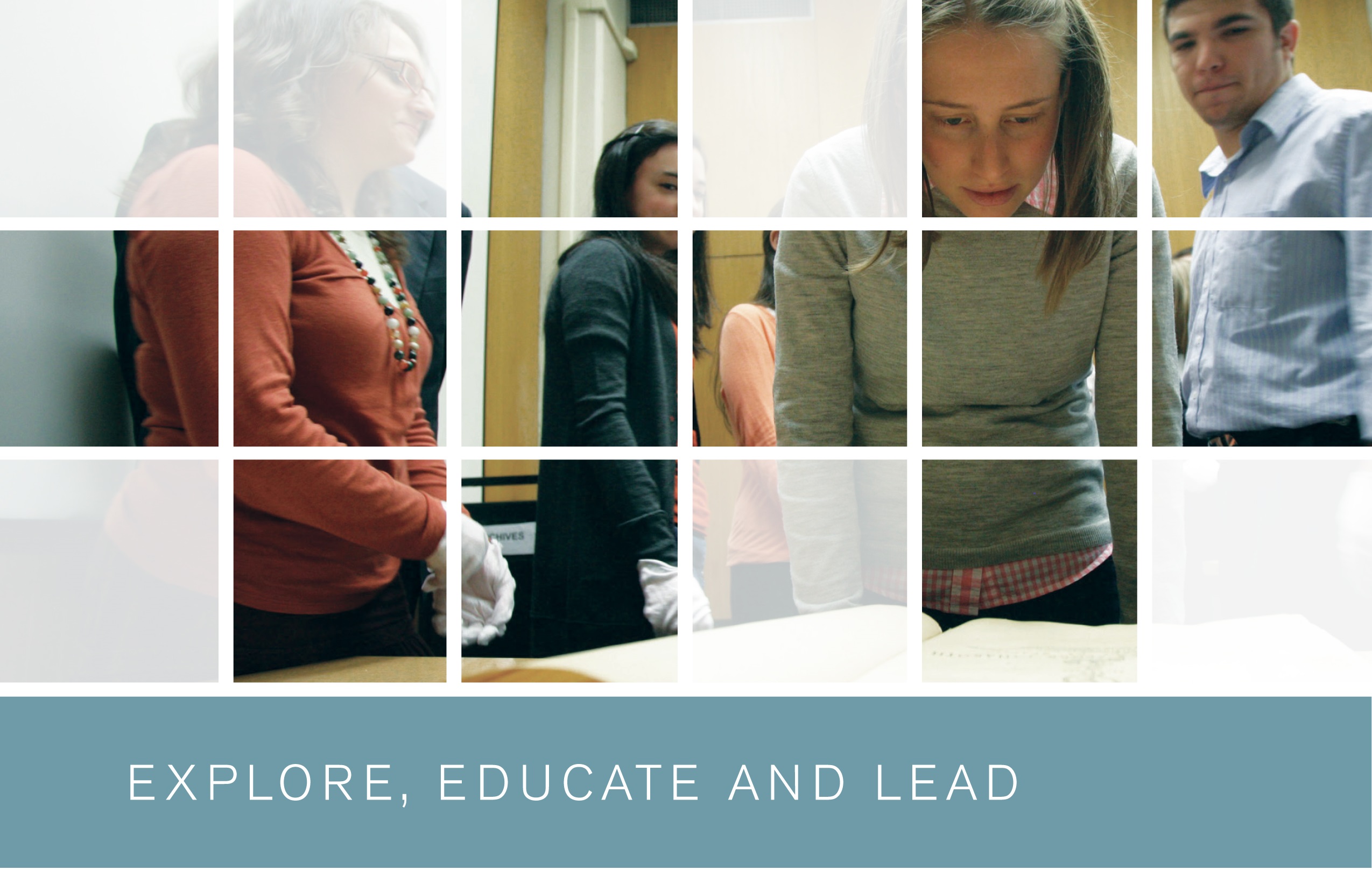8.4 Tanakh in the 21st Century: Looking Back, Looking Ahead (
Text |
PDF)
8.3 Jewish Community: Models and Ideals (
Text |
PDF)
8.2 Judaism and Other Faiths (
Text |
PDF)
8.1 The World of the Beit Midrash (
Text |
PDF)
7.5 Privacy (
Text)
7.4 Freedom (
Text)
7.P K'ol ha-Mevaser (
Text |
PDF)
7.3 Mashiah (
Text |
PDF)
7.2 Israel and Zionism (
Text |
PDF)
7.1 Music and Spirituality (
Text |
PDF)
6.7 Rights and Obligations (
PDF)
6.5 Technology (
PDF)
6.4 Kol Hamevakker (
PDF)
6.3 Worship (
PDF)
6.2 Politics and Activism (
PDF)
6.1 Miracles and Divine Intervention (
PDF)
5.5 The Other in Judaism (
PDF)
5.3 War and Peace (
PDF)
5.2 Jewish Education (
PDF)
5.1 Jewish Leadership (
PDF)
4.6 The Year in Israel (
PDF)
3.7 Halakhah and Minhag (
PDF)
3.6 Torah, Literature, and the Arts (
PDF)
3.5 Kol Hamishtakker (
Part
I, PDF |
Part
II, PDF)
3.4 Jewish Denominations and Sects (
PDF)
3.3 Academic Jewish Studies (
PDF)
3.2 Family and Community (
PDF)
3.1 Musar and Jewish Ethics (
PDF)
2.7 Orthodoxy in the 21st Century (
PDF)
2.6 Jewish Philosophy (
PDF)
2.5 Qol Hamevaser (
PDF)
2.3 Jewish Education (
PDF)
2.2 Politics and Leadership (
PDF)
2.1 Spirituality: Teshuvah and Tefillah (
PDF)
1.8 Israel at 60 (
PDF)
1.7 Emunah (
PDF)
1.3 Derekh Halimmud (
PDF)
1.2 Judaism and Pop Culture (
PDF)
1.1 Religious Growth and Change (
PDF)

Editor’s Thoughts: “Every Jewish Boy Deserves a Good Egyptian Education”
The first documented Jewish child to grapple with the nature of freedom did not do so through the luxuries of the “question-and-answer” style that typify the Seder night. The child, Moshe, is born into a world of slavery, cast away by his parents at a young age, and raised in a foreigner’s home. Though Moshe’s interactions with his new “Egyptian” family are not recorded in the Torah, one can clearly imagine a young inquisitive Moshe peppering his father with questions. Perhaps he inquires about the Jews who work for Egypt (his old family), or how the pyramids were built, or why there are so few living young Jewish men? Yet, with the Pharaoh of Egypt as a father, Moshe may not receive the responses he seeks. Moshe’s childhood is likely pervaded by many questions without many satisfactory answers.
While the Torah does not outline Moshe’s childhood discussions in the palace of Pharaoh, it does subtly hint toward a progression in Moshe’s educational maturation. In two consecutive verses, the Torah tells its readers that Moshe “grows up.” In the first instance (Shemot 2:10), the verses state that at the completion of Moshe’s nursing he is brought by his original mother to be raised in Pharaoh’s palace. An “Egyptian education” surely included an Egyptian indoctrination toward intolerance and apathy shown toward Jewish slaves.
However, the effect of that “Egyptian education” on Moshe is clearly demonstrated in the following verse. Here, the reader is told once again that Moshe “grows up” (Shemot 2:11). He goes out to his brothers – the Jewish slaves - and sees their suffering. Enraged by the plight of his people, Moshe kills an Egyptian who is tormenting a Jewish slave. In this act, Moshe demonstrates that he has not permitted his “Egyptian education” to get in the way of his “moral education.”
The holiday of Pesach not only commemorates the moment of “Zeman Heiruteinu – the time of our Freedom,” it is also a time to reinforce the “moral education” of Jews young and old. Indeed, we may not have to grapple with the immediate dangers of slavery like Moshe. Yet, perhaps this makes our challenge even greater to ensure that our understanding of “freedom” and its consequences are both deep and internalized.
This issue of Kol Hamevaser touches on the concept of “freedom” from various angles. Alex Maged’s article looks to precisely define the nature of “freedom” as the word is used throughout Tanakh. Gilad Barach discusses one of the ultimate goals of Jewish freedom in a historical analysis of the classic Jewish phrase “Next year in Jerusalem.” Danny Shlian reflects on the freedom granted to the land and slaves in the context of shemittah, and Sarah Robinson takes on a contemporary halakhic discussion of freedom in the realm of agunot. The multiple meanings attached to the word “freedom” seen in this issue are a taste of the complexity of the concept and reflect the need to continue to the discussion, even outside of the once-a –year “question- and answer” style of the Seder.
Dovi Nadel is a junior in YC majoring in Philosophy and Jewish Studies and is an associate editor for Kol Hamevaser.